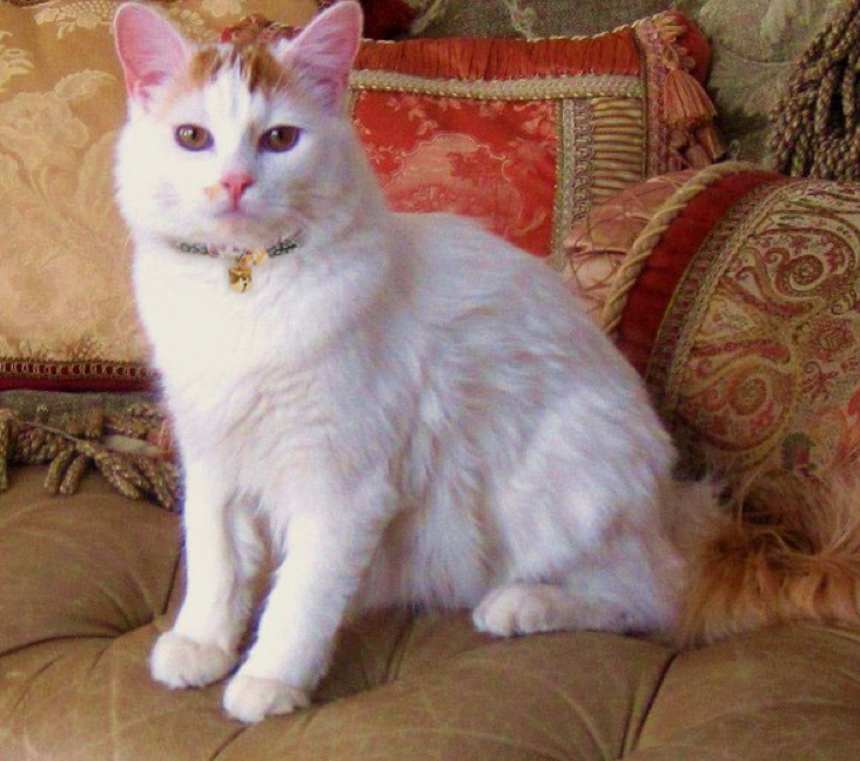What are the health issues with Turkish Vans?

Like most ancient breeds, the Turkish Van has very few health issues, but they are still at risk of developing some conditions, including:
- Hypertrophic cardiomyopathy (HCM): HCM is a genetic condition where the heart muscle thickens, making it harder for the heart to pump blood. This can lead to heart failure, arrhythmias, and other complications. Symptoms may include lethargy, difficulty breathing, or sudden collapse. Regular veterinary check-ups and heart screenings can help detect HCM early.
- Diabetes: Diabetes in cats occurs when the body cannot produce enough insulin or effectively use it, leading to high blood sugar levels. Turkish Vans can be at risk, especially if they are overweight. Symptoms include increased thirst and urination, weight loss despite a good appetite, and lethargy. Management usually involves dietary changes, insulin injections, and regular monitoring of blood sugar levels.
- Periodontal disease: This dental condition is caused by the buildup of plaque and tartar on the teeth, leading to gum inflammation and infection. Over time, it can result in tooth loss and more serious health issues. Signs include bad breath, difficulty eating, and swollen gums. Dental check-ups and at-home dental care, including regularly brushing their teeth, can help prevent this condition.
- Elevated liver enzymes: Elevated liver enzymes can indicate liver dysfunction, which can arise from various causes, including infections, toxins, or underlying diseases. Symptoms might be subtle, such as decreased appetite or weight loss, but can progress to more severe signs like jaundice or lethargy. Routine blood tests during vet visits can help monitor liver function and detect any issues early.
Routine vet visits, screenings, preventative care, and early interventions can help ensure your Turkish Van BFF stays healthy and happy for as long as possible.